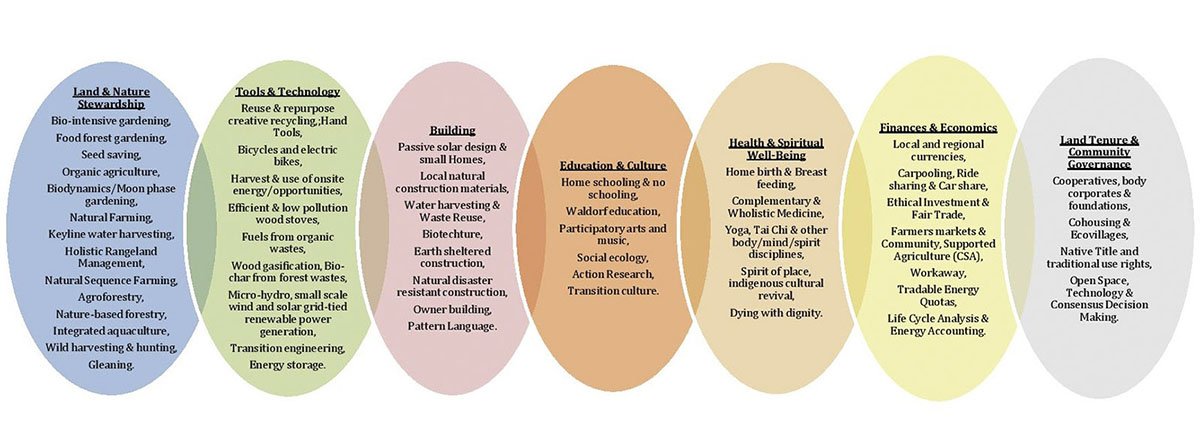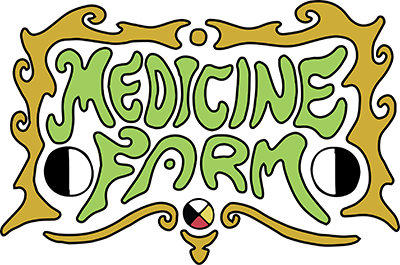Organic gardening
Much has been explained.
Many people wonder what exactly organic gardening means. The simple answer is that organic gardeners don’t use synthetic fertilizers, pesticides or herbicides on their plants. Gardening beyond organic is more than what you don’t do. When you garden organically, you think of your plants as part of a whole system within Nature beginning in the soil and includes water supply, people, wildlife even insects. An organic gardener strives to work in harmony with natural systems to minimize continually replenishing resources the process requires.
Organic gardening begins with attention to the soil. You regularly add organic matter to the soil, using locally available resources wherever possible. Everyone has access to the raw ingredients of organic matter, because your lawn, garden, kitchen and community produce them every day. Decaying plant wastes like grass clippings, fall leaves and vegetable scraps from your kitchen, are the building blocks of compost, the ideal organic matter for your garden soil. If you add compost to your soil, you’re already well on your way to raising a beautiful, healthy garden organically.
Growing beyond organic also involves choosing plants suited to the site. Plants adapted to your climate and conditions are better able to grow without a lot of attention or input; on the other hand, when you try to grow a plant that is not right for your site, you will probably have to boost its natural defenses to keep it healthy and productive.
Why organic?
5 Reasons
-
Flavor: Organic food tastes amazing. Organic food tastes better than conventional food with more nutrition, it’s not coated with chemical residues from pesticides and fertilizers. Organic food, which often times is synonymous with local food, optimizes time by allowing food to grow at a natural pace in the garden or field. This coupled with a shorter farm to market distance ratio than means fresher food as well.
-
Health: Organic food is healthy. Organic food on average contains higher Vitamin C (powerful antioxidant) levels as well as higher levels of calcium, magnesium, iron, and chromium. The bioavailability of nutrients in organic foods is at a greater level than conventional, industrial food.
-
Protect the Earth: Organics are better for the environment. Organic production systems do not use toxic chemicals which pollute our bodies minds and planet. Instead, organic systems utilize compost manure cover crops in rotation with cash crops to naturally feed nitrogen to the soil replenish.
-
Support: Organic supports communities. For small farmers, organic agriculture has offered an alternative market where the food commands a fair price. Workers on organic farms have to harsh cancer causing chemicals exposure.
-
Cheap: Organic products are free of hidden-costs. While the consumer may pay a premium at the check-out counter for organic products compared to conventional food products, the consumer pays more for what isn’t in the product.
Permaculture
We practice many permaculture principles on Medicine Farm.
Permaculture means ‘permanent culture or ‘permanent agriculture’. As defined by co-founder Bill Mollison “the conscious design and maintenance of cultivated ecosystems that have the diversity, stability, and resilience of a natural ecosystem”.
The permaculture journey begins with the ethics and design principles and moves through the key domains required to create a sustainable culture. This spiral evolutionary path joins together these domains, initially at a personal and local level then proceeds to the collective and global level. Some specifics, design systems and solutions that have been associated with the wider view of permaculture are listed below:

Want to learn more? Here are references
-
Back wood man mag. Homesteading-Self Reliance-Primitive Living Skills-Woodstore-Survival-History.
-
FAIRES, Nicole. The ultimate guide to Permaculture.
-
KHAN, Lloyd. Tiny homes.
-
MACKINNON, KERSHAW, AMASON, OWEN, KARST, HAMERSLEY. Edible & Medicinal Plants of Canada.
-
SIDNEY, Kirkpatric. The life of Edgar Cayce.
-
SOLOMON, Steve. Growing vegetables; west of the cascades: the complete guide to organic gardening.
-
WHITFORD Patrick. The Earth care manual.
